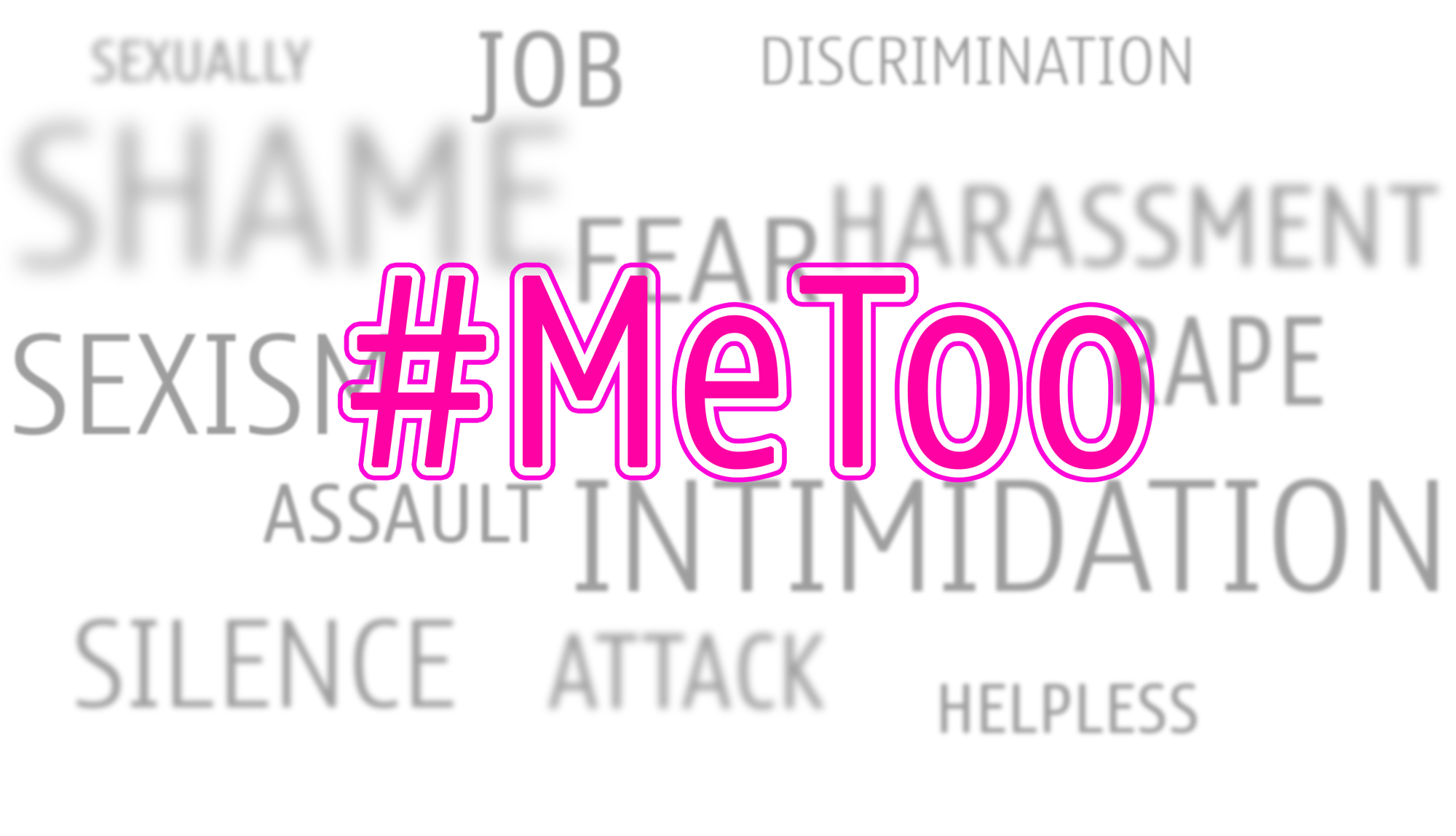While TV news programs were flooded recently with stories about the violent assault by yokozuna Harumafuji on a fellow sumo wrestler, the #MeToo movement was the hot topic on the internet. A popular Japanese blogger and writer had accused her former superior at an advertising agency of sexual and power harassment. The person named in the accusation — a renowned creator — has acknowledged sexually harassing her and apologized in his blog.
The global #MeToo wave had finally arrived in Japan. This would appear to be pretty big news, but the TV networks didn't pick it up, choosing instead to devote their resources to the sumo scandal, quoting somebody as saying that in the world of sumo, it's customary for those in higher positions to hit those in lower positions to "guide" them — a way of thinking that seems to send us back to the bygone Showa Era. Now the Heisei Era that replaced Showa is nearing its end. But just as it was when the era began nearly 30 years ago, the mass media's sensitivity toward violence and discrimination seems insufficient.
What was considered a non-issue during the Showa Era is a source of potential business risk today. Foreign-owned companies that are more sensitive to the risk associated with sexual harassment say they take three steps against the practice: First, they make sure everybody is aware of the problem, such as having employees take mandatory training sessions. Second, they secure a line of communication for complaints and alerts that goes directly to the human resources department. Third, they keep a sharp eye out to see if problems are occurring, such as by monitoring in-house email, and intervene even if a victim has not filed a complaint.


















With your current subscription plan you can comment on stories. However, before writing your first comment, please create a display name in the Profile section of your subscriber account page.